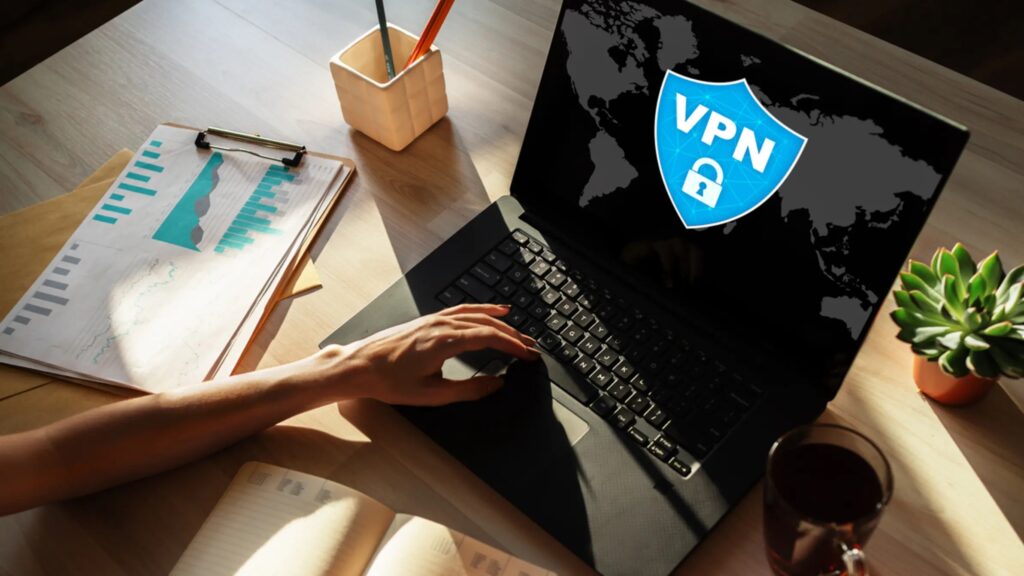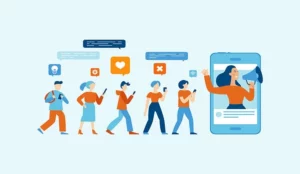Discussing the Benefits of Using a VPN

Many VPNs offer military-grade encryption, making your data completely anonymous. While you won’t be able to avoid data caps and speed throttling altogether, there are many other advantages of using a VPN. These include the fact that your data is secure and private, and that your ISP can’t track your every move. Some countries, including China, have laws against using VPNs and placing restrictions on their users. These policies may make browsing the web dangerous, so using a VPN can help protect your privacy.
Having a VPN can also protect you from being tracked online. Because of its private network, your IP address will remain hidden, so no one can see where you’re browsing. That means you can access geo-blocked movies and TV shows. Look for a VPN with high-speed connections, fast VPN protocols, and unlimited bandwidth. Smart DNS services are ideal for users who use VPNs to browse the internet and protect their privacy.
Saves on Phone Bills
Another benefit of a VPN is that you won’t have to pay for long distance phone bills. You won’t need to pay for international calls or use a dedicated private network. Because you can tap into network capacity over the internet, you can save money. You can also use cheaper local leased lines or broadband connections through your local ISP. And finally, you can browse the web anonymously. And since your personal data will not be stored on a private server, you won’t have to worry about it being stolen.
Increased Privacy
You can hide your IP address from your ISP. Normally, your ISP sees the IP address of the website you’re visiting. By using a VPN, you can hide your IP from your ISP. This way, you won’t have to worry about hackers using your private information. You can even visit websites without revealing your true location. And the best part is that you’ll have access to all your data.
Improved Online Security
A VPN gives you greater security. When using a VPN gratis, you can connect to a private network, which is encrypted. This keeps your private information safe from hackers and big tech companies. Your ISP will have no idea of what you’re doing, but he will only see the statistics encrypted by the VPN server. This protects you from all kinds of identity theft and protects your online privacy.
Your privacy is protected. If you’re using a VPN, your information isn’t accessible to your ISP. Besides protecting your personal data, it also protects your identity. However, if you’re worried about security and privacy, you’re not alone. In fact, VPNs are legal in most countries. They can protect your online activities and prevent third-party data mining.









